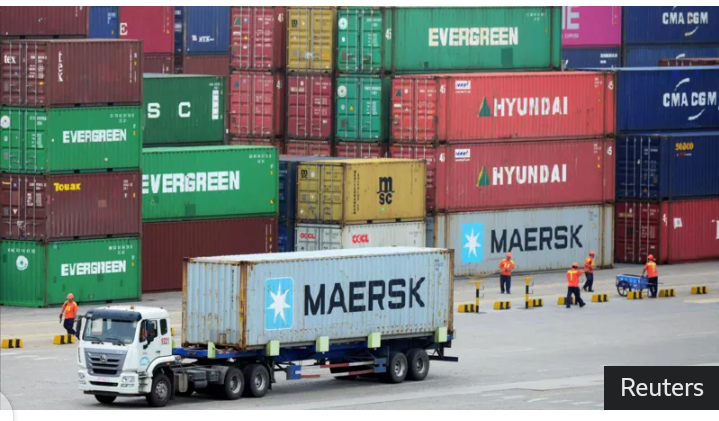Trump’s Tariff Plans Spark Concern From Affected Countries.
Officials from Canada, Mexico, and China have voiced strong opposition to President-elect Donald Trump’s recent pledge to impose sweeping tariffs on imports from America’s top trading partners. They warn that such measures could have devastating economic consequences for all involved.
Trump announced plans to introduce 25% tariffs on goods from Canada and Mexico, alongside a 10% tariff on Chinese imports, in what he described as an effort to curb drug trafficking and illegal immigration.
Concerns from Canada
Canadian Prime Minister Justin Trudeau expressed his dismay and pledged to work constructively with the United States to address the issue. He revealed that he had spoken to Trump and planned to hold a meeting with provincial leaders to discuss Canada’s response.
“This is a relationship that we know takes a certain amount of working on, and that’s what we’ll do,” Trudeau told reporters. He also highlighted that migration at the US-Canada border is significantly less than at the US-Mexico border, a point he said he raised during his call with Trump.
Mexico’s Pushback
Mexican President Claudia Sheinbaum criticised Trump’s tariff plans, warning that they could escalate into a damaging trade war. “To one tariff will follow another in response, and so on, until we put our common businesses at risk,” she said.
Sheinbaum emphasised that Mexico has already taken significant steps to address illegal migration and drug trafficking, noting that “caravans of migrants no longer reach the border.” She also pointed out that tariffs could harm US businesses, particularly car manufacturers like General Motors, which rely on parts produced in Mexico and Canada.
China’s Perspective
A spokesman for China’s embassy in Washington, Liu Pengyu, also condemned Trump’s proposals, stating that “no-one will win a trade war or a tariff war.” Liu rejected claims that China allows the smuggling of chemicals used to manufacture illegal drugs such as fentanyl into the US, citing cooperation between the two nations on combating the issue.
He further stressed the mutually beneficial nature of China-US trade, urging for constructive dialogue instead of punitive measures.
Broader Implications
Trump’s announcement has triggered global concern, with officials warning that escalating tariffs could disrupt critical supply chains and harm industries in all four nations. Despite these concerns, Trump’s spokesman claimed that the President-elect’s plans reflect his commitment to “global peace and stability.”
The proposed tariffs come amid existing tensions in US-China trade relations. President Joe Biden has maintained many of the tariffs Trump introduced during his first term, and most goods traded between the two nations remain subject to hefty duties.
With Trump set to assume office on 20 January, the world is watching closely to see how his aggressive trade policies will unfold and whether they will lead to further economic strain or open opportunities for negotiation.



